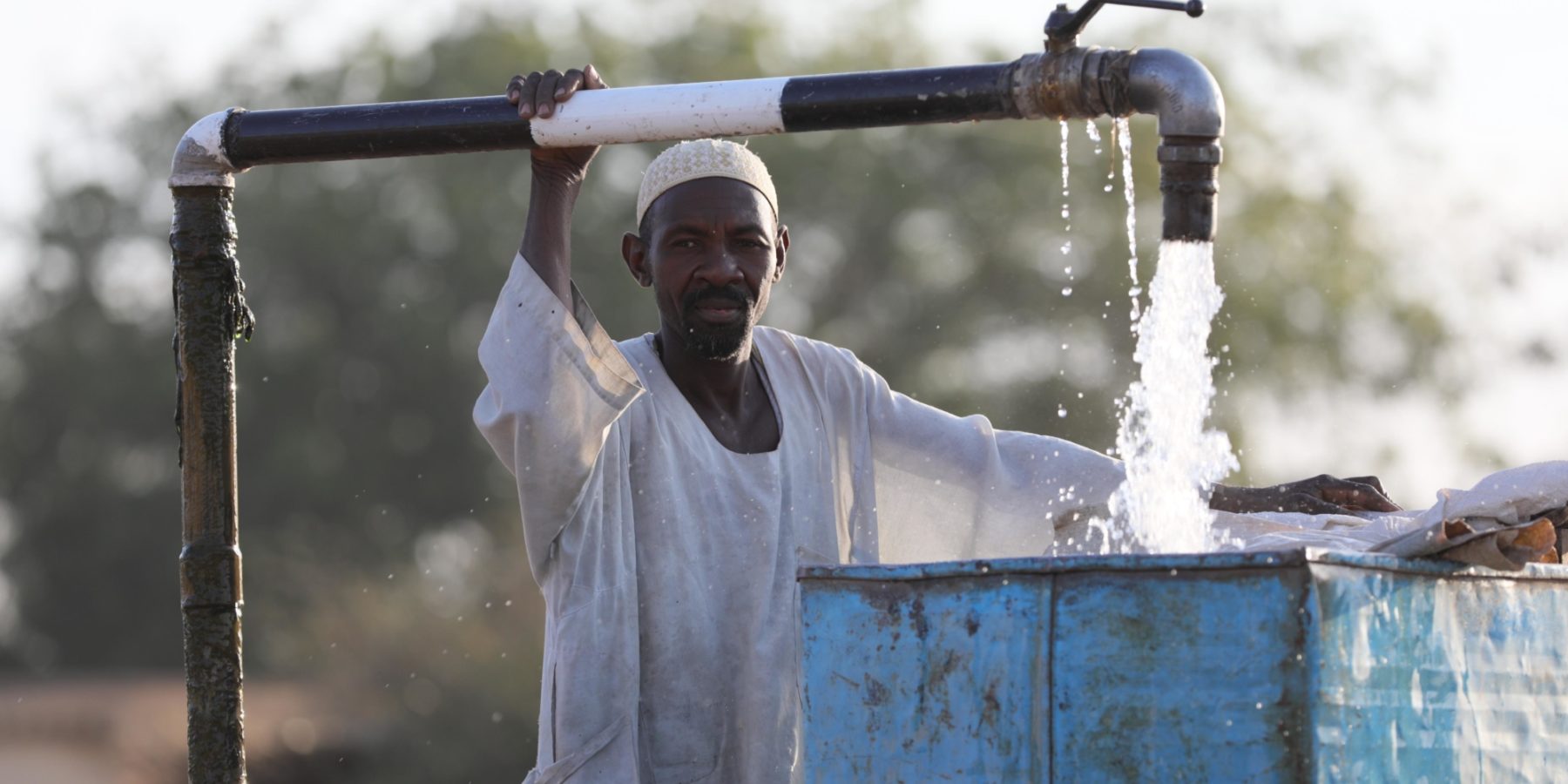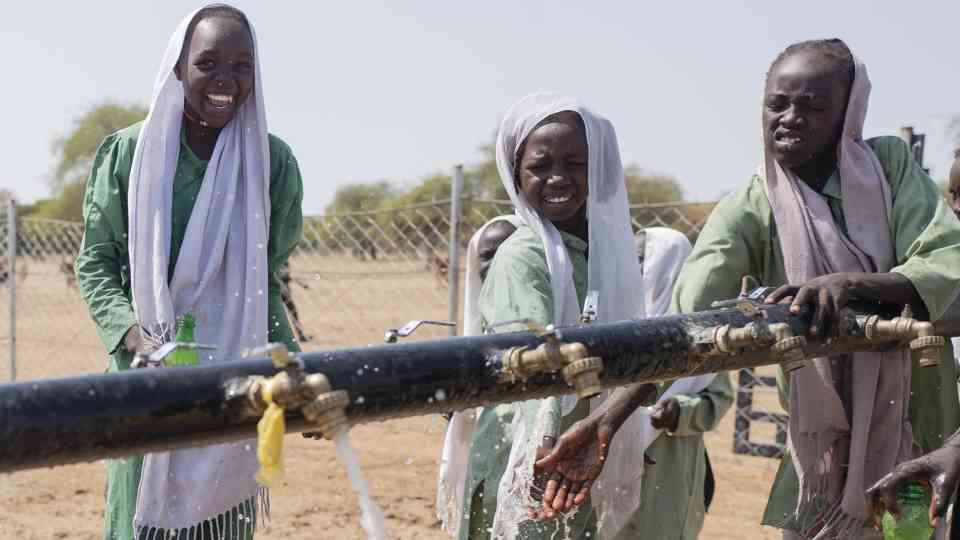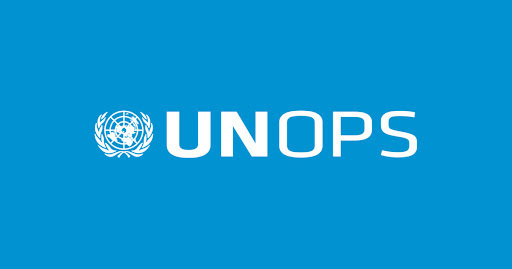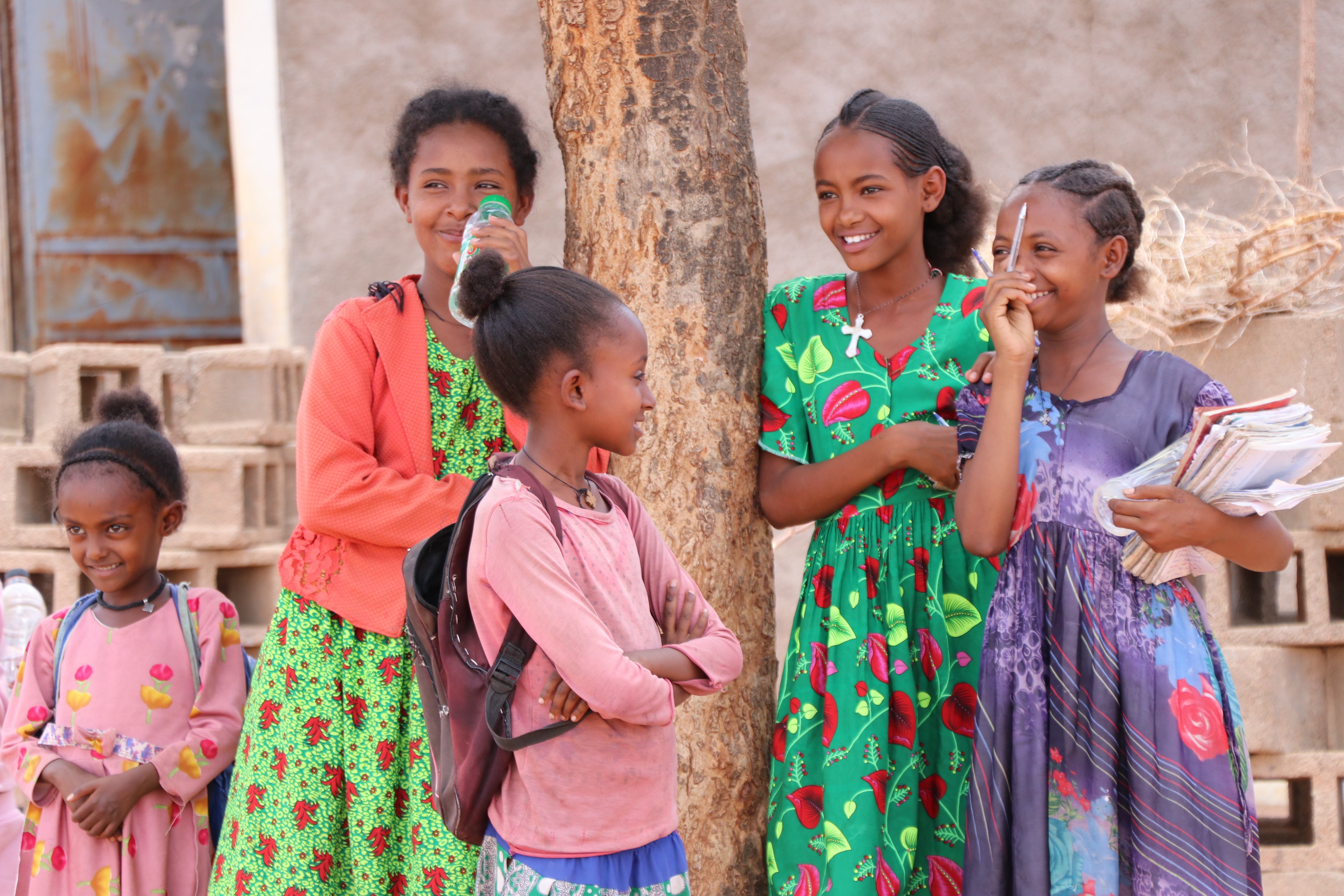The United Nations Office for Project Services (UNOPS)

Bringing clean water to the people of Sudan
Without water there would be no life – it’s a necessity for all living things, from the smallest of plants to the largest of animals. For some people, getting enough water to survive is still a daily struggle.
Photography by UNOPS/Atsushi Shibuya
Around the world, water drives people. An abundance of it draws people, builds up communities and business, and creates life. A lack of it drives people away, prevents communities and businesses from flourishing, and chokes off life before it can begin.
Those who don't have sufficient water often must search for it far and wide – sometimes travelling several miles a day to collect a precious commodity that too many other countries take for granted.




But even if water is found, it doesn't mean that it's safe to drink. According to the World Health Organization, 1.8 billion people around the world get their drinking water from sources contaminated with faeces.
There are still too many people in too many countries who have no choice but to resort to drinking water that is unfit for human consumption – water that can make them deathly ill from disease like diarrhoea, cholera, dysentery, typhoid and polio.
"When you ask locals, they usually have the basic knowledge how to avoid all those water borne diseases, but those diseases persist due to the lack of access to clean water. WASH education is most effective with the combination of supplying clean water," said Maiko Utsumi, Project Support Officer in UNOPS Sudan.
The search for water can also mean putting your safety at risk. Often, women and children are the ones who walk sometimes great distances to collect water for their families – exposing them to possible violence or sexual assault.

In Darfur, an arid region located in western Sudan, water scarcity is common – and reliable access to safe, clean drinking water has long been a problem.
Over the years, population growth in Darfur's major cities has further increased pressure on urban water supply sources and infrastructure. As more and more people settle into urban neighbourhoods, the difficulty of accessing secure water sources – or even enough water at all – rises, which can foment localized conflict, particularly among cattle owners who require water for their herds.
UNOPS is working with the Government of Japan to help ensure more people in Darfur have access to clean, safe water.
With funding from Japan, UNOPS rehabilitated an unused water treatment plant in El Fasher, Darfur's state capital, in the first phase of the project. Last year, the treatment plant was upgraded with the installation of a chlorination unit to ensure the water's quality. Now, the plant produces enough potable water for 37,500 people a day.
UNOPS has also worked with Japan to improve access to and the quality of water in other parts of Darfur, including in El Geneina and El Daein.
In El Daein, six existing water yards and a damaged water facility were rehabilitated – all to serve a community of 50,000 people. With water more easily accessible, the need to access water from distant hefirs – or water reservoirs – often through the purchase of a donkey to help carry the load decreases. This leaves community members with more time to engage in economic activities that benefit the local population.




In El Geneina, the newly constructed Jabal Sultan Pump Station is connected to 18 new public water posts in West Darfur – providing a community of more than 20,000 people with access to safe water.
About these projects
These projects were implemented by UNOPS with funding from the Government of Japan, a longstanding UNOPS partner. The Government of Japan funds projects that focus on constructing and rehabilitating infrastructure in fragile environments, and providing humanitarian assistance throughout Africa, Asia and the Middle East.












